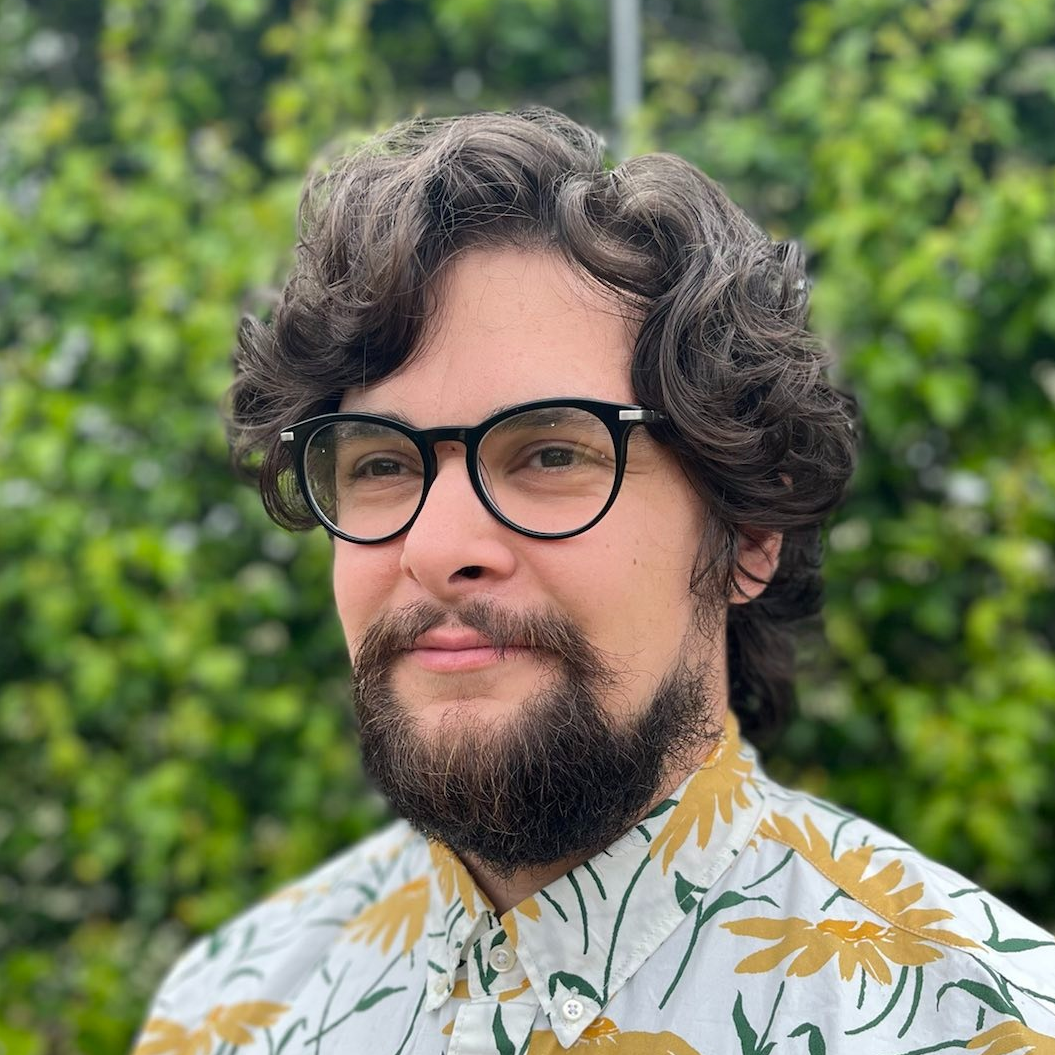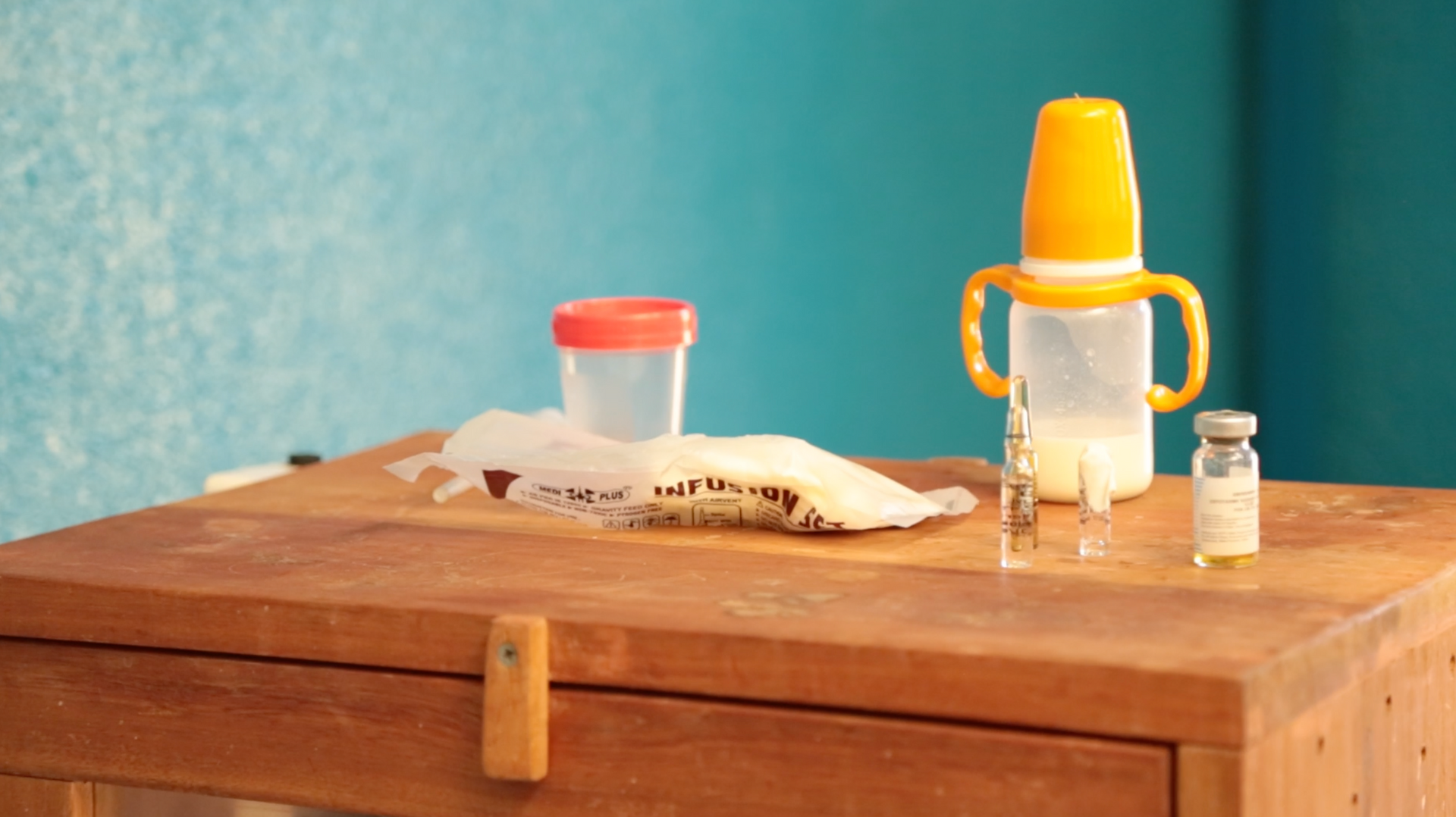I wrote this post in 2017, in Kibuye, Burundi after visiting the NICU ward at Kibuye Hope Hospital.
For decades, premature babies have been born at Kibuye Hope Hospital. Many of them haven't survived, but recent developments have started to even the odds..
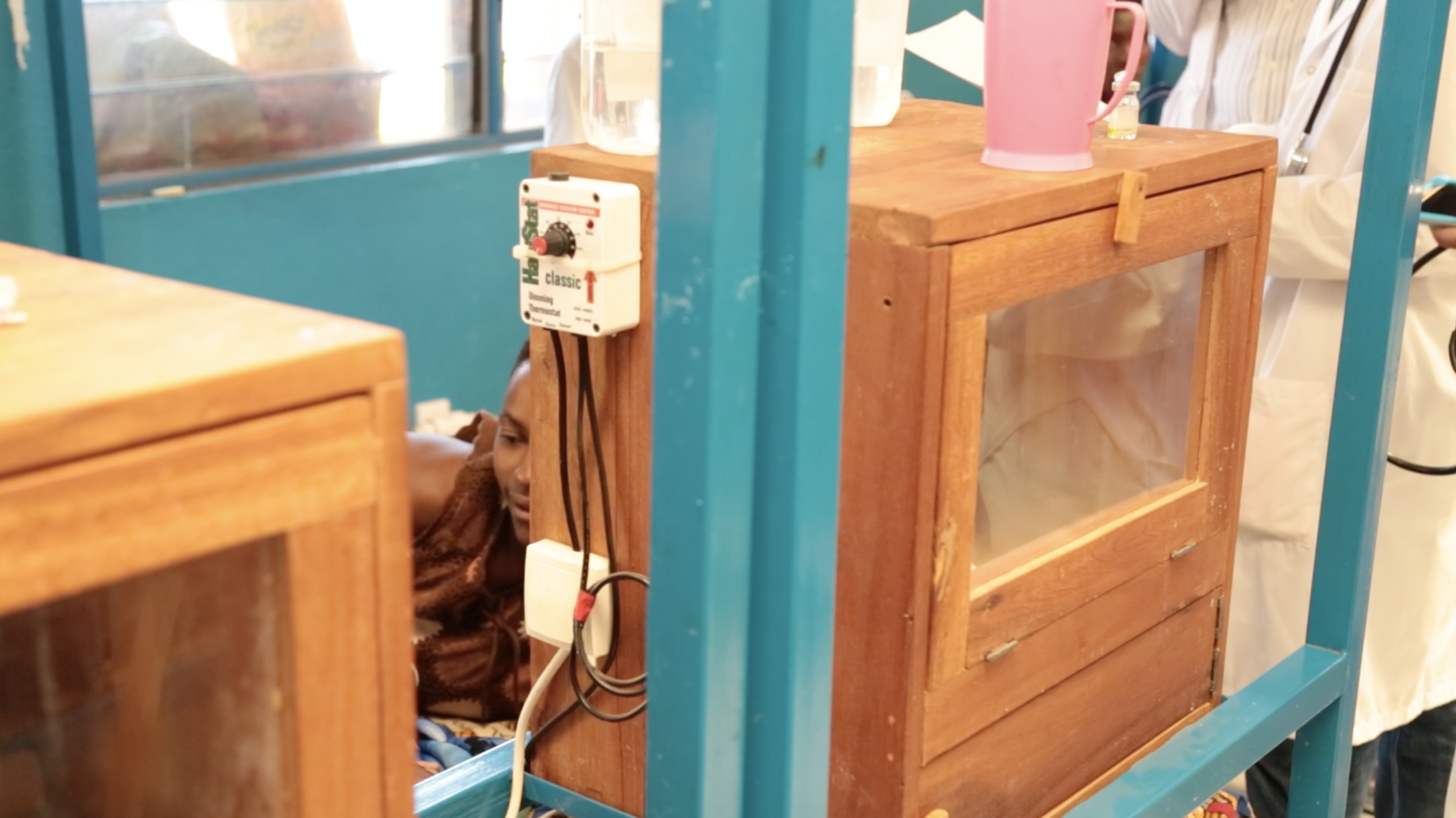
These hand-made incubators were designed here at Kibuye to take advantage of cost-effective local resources. Made of eucalyptus wood, they are manufactured by a woodworker in Gitega, a city of 40,000 about an hour north of Kibuye. The incubators are equipped with a thermostat and a pair of sixty watt light bulbs. The light bulbs are mounted in a compartment underneath the incubator bed, warming the enclosed space to just the right temperature.
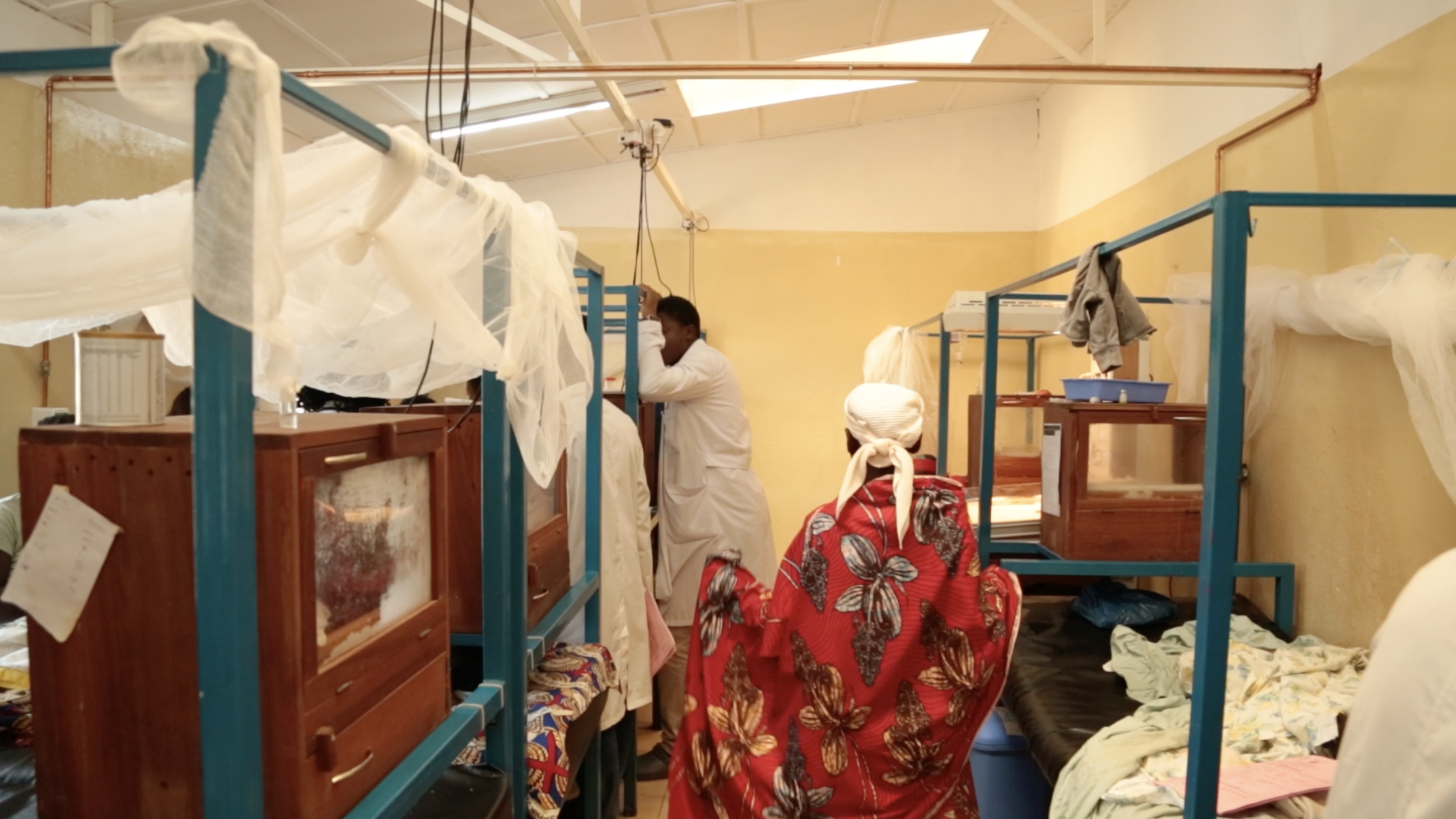
The NICU is a well-lit, narrow ward with tall ceilings. The beds stand in rows along one wall and single file against the other. The room is full to capacity. We follow the doctor and medical students into the space between the beds for their morning rounds.
In Kirundi, each mother in the ward is called "Mama". Each Mama watches the doctors closely, looking from face to face, as the medical team discuss the baby's progress in English. The NICU is under the supervision of a medical student and nurses during the day, with an American doctor performing rounds every morning. When the American doctor has questions, they pass through translators. "Mama, is the baby nursing well?"
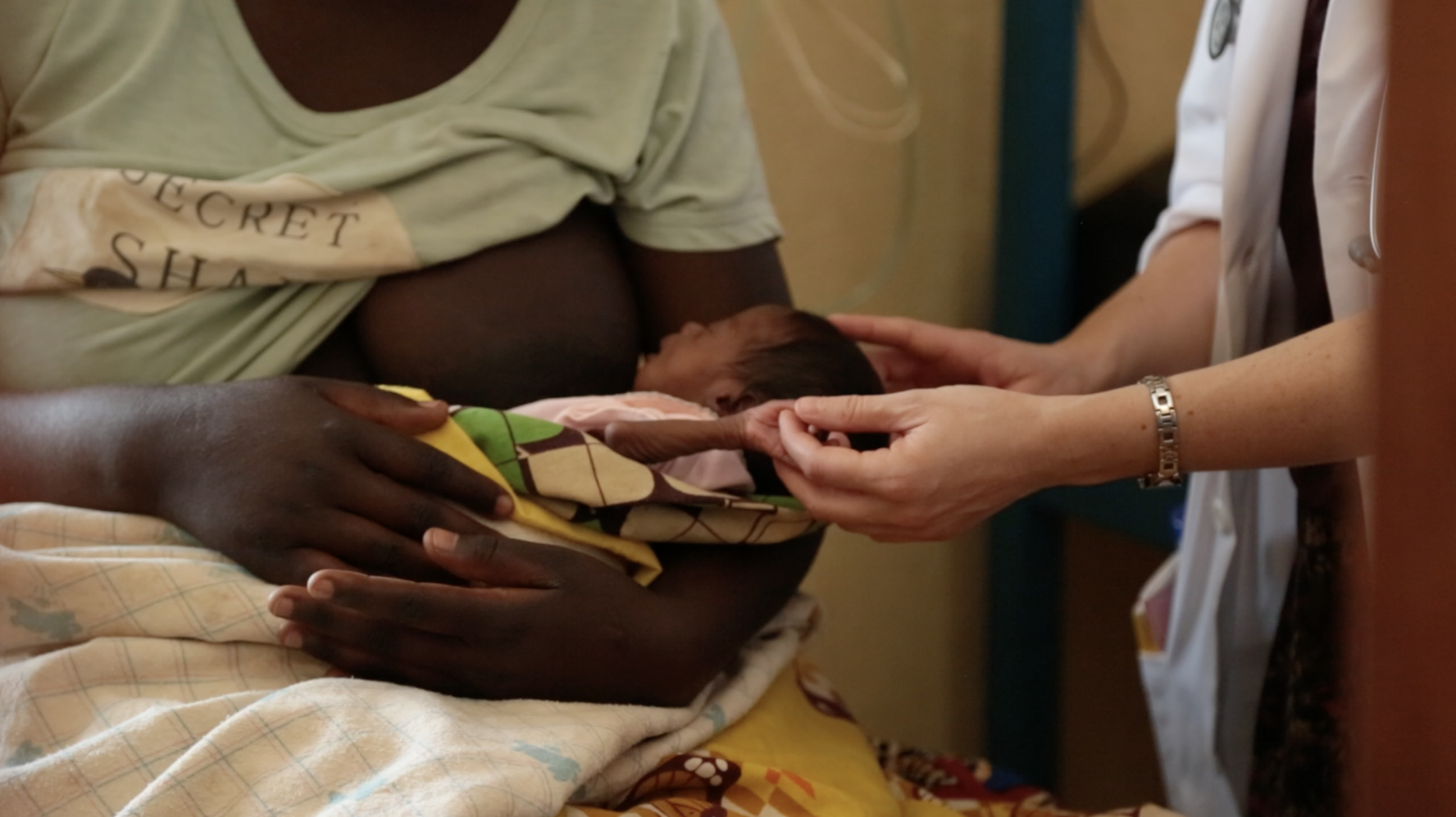
A mama with a pair of premature twins sits on two beds pushed together. One baby is very small, only 1,100 grams. Mama nurses the smallest while the doctors consult. The larger twin sleeps under blankets on the second bed. A supplemental formula is prescribed.
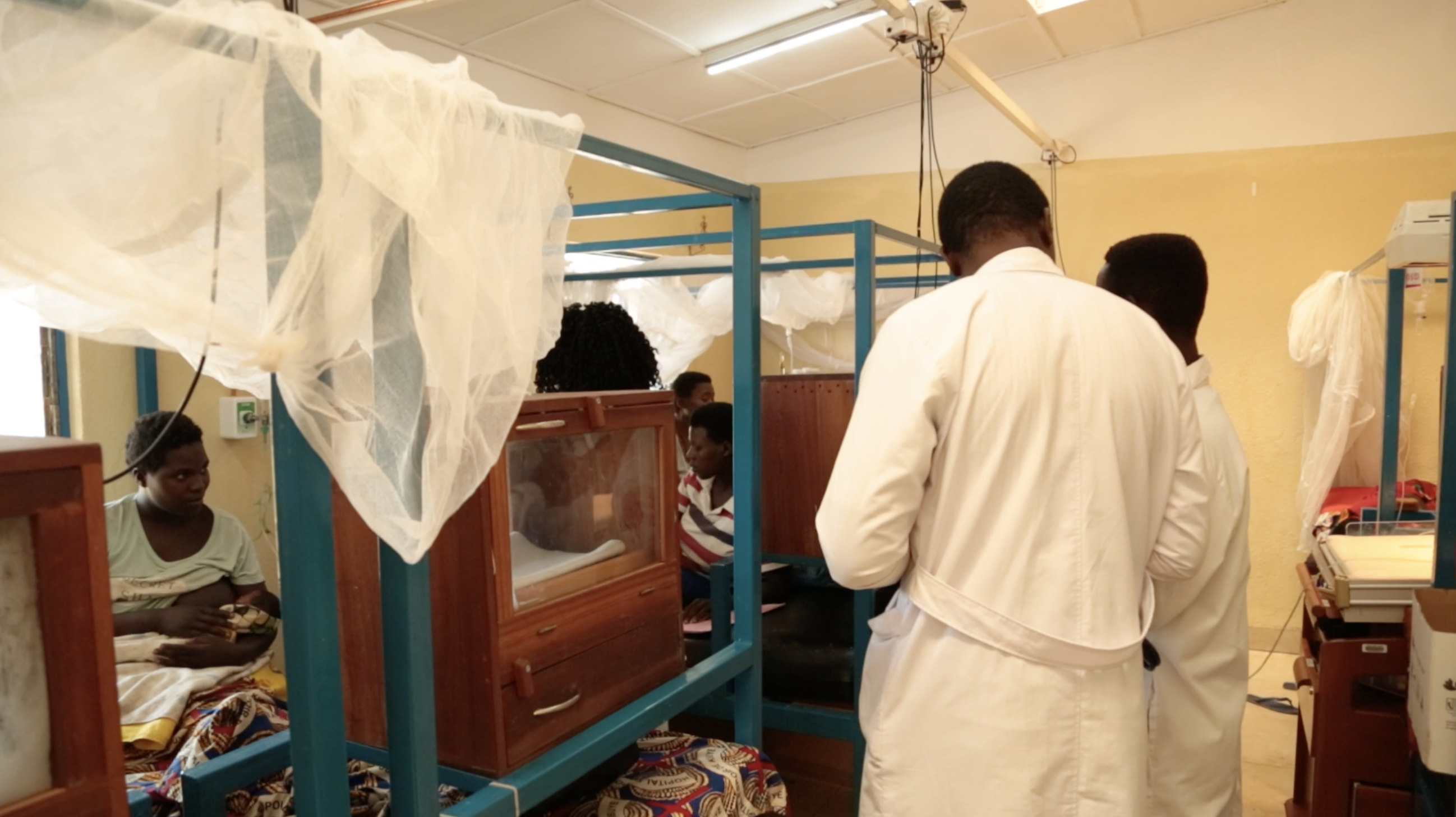
Another baby is much larger, a three-week old admitted for jaundice. The overseeing medical student has proscribed light therapy. The teaching doctor presses the student for alternative proscriptions. Mama looks on, while gently tightening the baby's swaddle.
In any hospital, the NICU is a profound place. The freshest and most vulnerable children struggle for life, surrounded by concerned family. Healthcare workers seek solutions within narrow margins. It's a place of intense joy and loss, together.
Two days after our rounds the twins are discharged, both healthy and growing.
